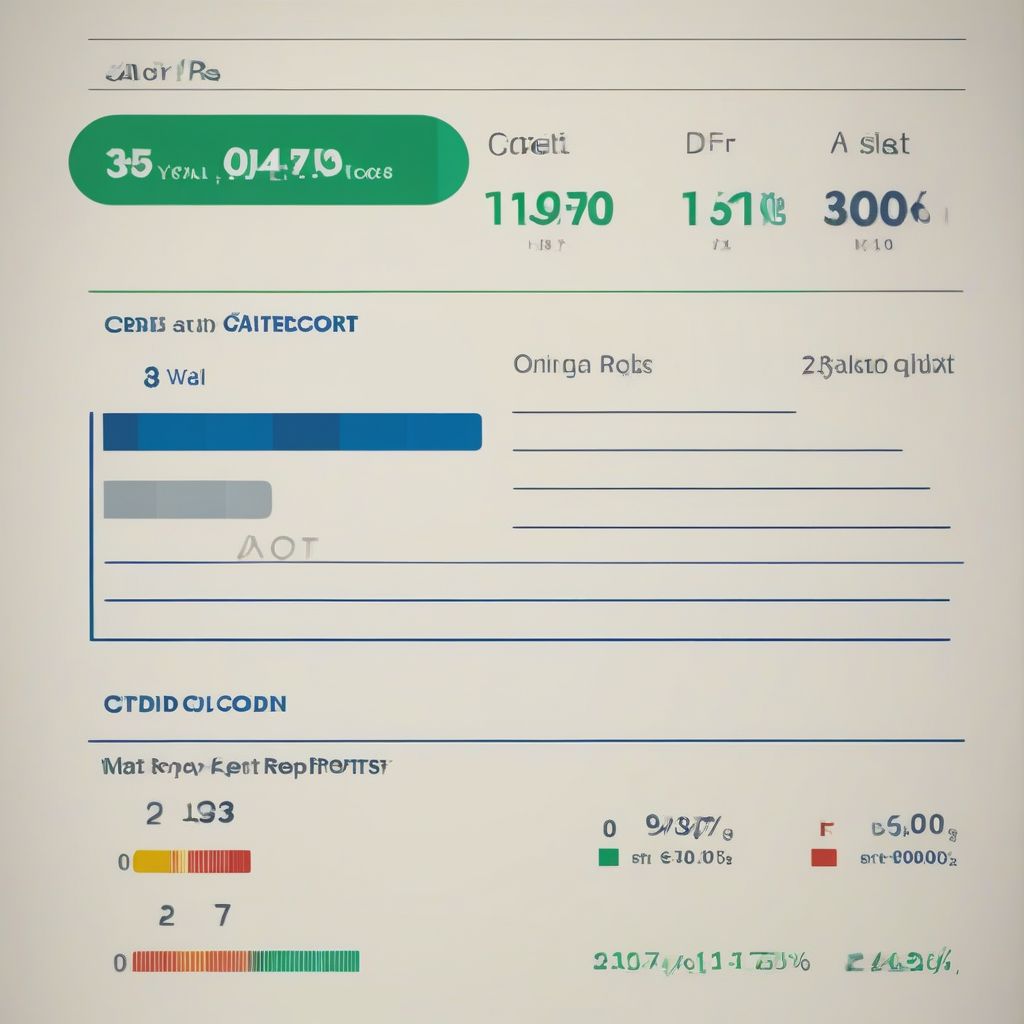
Embarking on a graduate degree program is a significant investment in your future. However, the cost of higher education, especially at the graduate level, can feel overwhelming. This is where Grad Student Loans often come into play. Understanding the intricacies of these loans is crucial to making informed decisions about your financing options and ensuring your academic journey is as smooth as possible.
Understanding Grad Student Loans
Grad student loans are financial aid options specifically designed to help students pay for graduate school. Unlike scholarships or grants, these loans must be repaid with interest.
Types of Grad Student Loans
There are two primary categories of grad student loans:
1. Federal Student Loans: These loans are funded by the federal government and typically offer lower interest rates and more flexible repayment options compared to private loans. Common federal loan options for graduate students include:
- Direct Unsubsidized Loans: Available to all graduate students regardless of financial need. Interest accrues while you’re in school.
- Direct PLUS Loans: Available to graduate students and parents of dependent undergraduate students. Requires a credit check, and a cosigner may be required for borrowers with adverse credit history.
2. Private Student Loans: Offered by banks, credit unions, and other private lenders. Interest rates and terms vary based on your creditworthiness and the lender’s policies.
vanhoavietnam.site/wp-content/uploads/2024/08/student-looking-at-laptop-with-concerned-expression-66bac1.jpg" alt="student loan stress" width="1024" height="1024">student loan stress
Navigating the Grad Student Loan Landscape
Key Considerations Before Borrowing
Before committing to any loan, carefully evaluate your financial situation and explore all available options.
- Exhaust Free Financial Aid: Apply for scholarships, grants, and fellowships that can reduce your overall debt burden.
- Borrow Only What You Need: Create a detailed budget that includes tuition, fees, living expenses, and potential costs associated with your specific program.
- Compare Lenders: If you opt for private loans, compare interest rates, fees, repayment terms, and lender reputation from multiple sources.
Common Questions About Grad Student Loans
1. What is the maximum amount I can borrow in grad student loans?
The annual and aggregate loan limits for federal student loans are set by the U.S. Department of Education. For the most up-to-date information, visit their official website or contact your school’s financial aid office.
2. How does interest work on grad student loans?
Interest is a percentage charged on top of the principal amount you borrowed. The interest rate for federal loans is fixed, meaning it won’t change over the life of the loan. Private loan interest rates can be fixed or variable, meaning they can fluctuate based on market conditions.
3. What are the repayment options for grad student loans?
Federal loans come with various repayment plans, including income-driven options that adjust your monthly payment based on your earnings. Private lenders have their own repayment terms, so explore those carefully before borrowing.
4. Can I defer my grad student loan payments while I’m still in school?
Federal loans typically offer in-school deferment options, allowing you to postpone payments while enrolled at least half-time. Private lenders may have different policies regarding deferment or forbearance.
Legal Implications and Consumer Protections
Understanding your rights and responsibilities as a borrower is essential. Familiarize yourself with relevant consumer protection laws, such as the Truth in Lending Act (TILA), which requires lenders to provide clear and accurate disclosures about loan terms and costs.
Conclusion
Funding your graduate studies is a multifaceted process, and grad student loans can play a vital role in achieving your academic and career aspirations. By conducting thorough research, understanding your options, and borrowing responsibly, you can navigate the complexities of student loan financing and invest confidently in your future. Remember to explore all available resources and consult with financial aid professionals at your institution to make well-informed decisions tailored to your individual circumstances.

